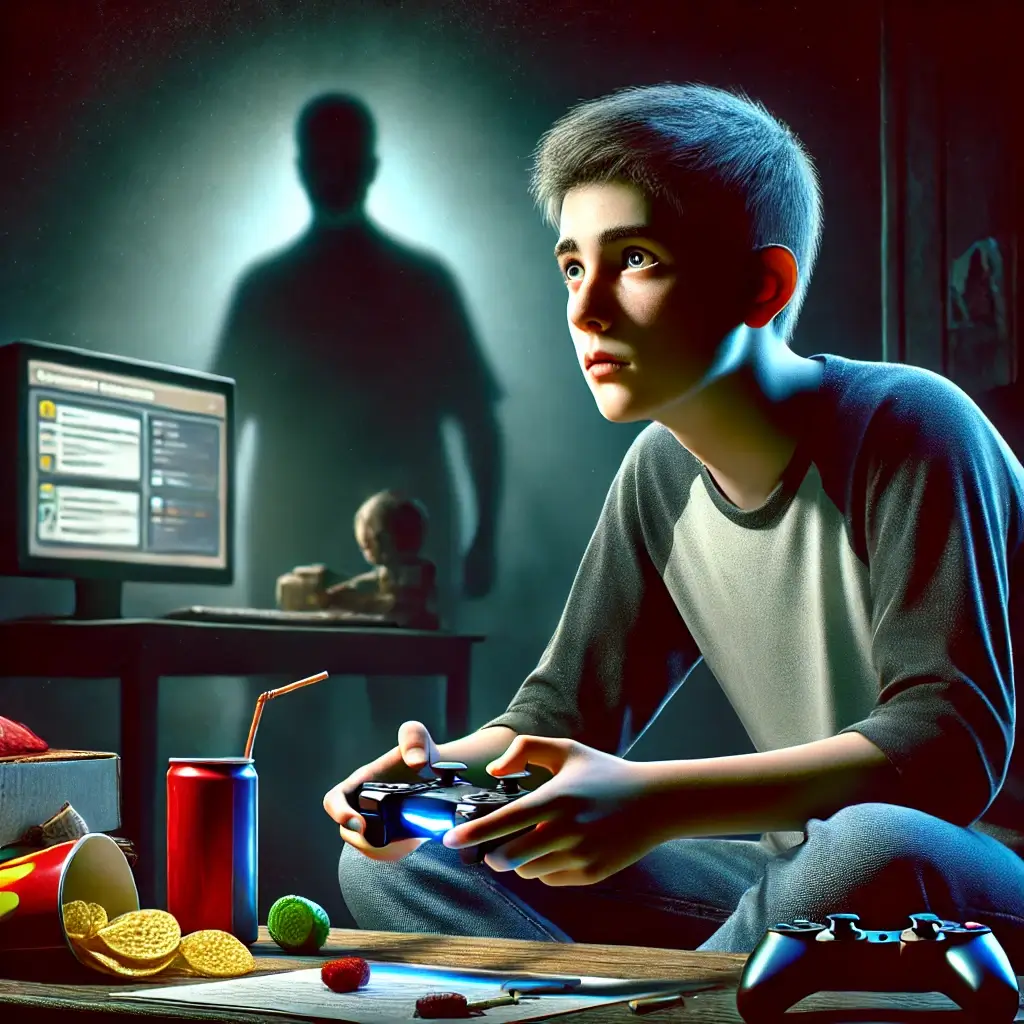Understanding Video Game Addiction
Video games have gained significant popularity as a source of amusement among youngsters. However, excessive usage can lead to problems. Video game addiction, while not currently recognized as an official diagnosis in the DSM-5 (Diagnostic and Statistical Manual of Mental Disorders), is becoming increasingly problematic. Below are the essential details regarding video game addiction in teenagers:
Indications and Manifestations
Excessive gaming is a significant signal. Adolescents grappling with addiction may give greater importance to gaming than to other crucial activities such as academics, socializing, hobbies, or family bonding. They may engage in gaming for extended periods, disregarding the need for sleep and neglecting their obligations.
Withdrawal Symptoms
Adolescents may experience irritability, anxiety, or even depression when they are unable to engage in playing activities. Individuals may encounter strong desires or impulses to engage in gaming and suffer a sense of restlessness while not actively participating.
Disregarding Other Aspects of Life
A gaming addiction can deteriorate academic achievements, strained interpersonal connections with friends and family, and diminished enthusiasm for previously cherished pastimes.
Deception or Secrecy
Adolescents grappling with addiction may engage in falsehoods regarding the duration of their gaming sessions or conceal their gaming behaviors.
Effects on Mental Health
Excessive gaming can have a significant and extensive impact on mental health. Excessive gaming can lead to heightened levels of anxiety and tension in individuals, as the continuous stimulation and the need to excel in the virtual realm can negatively impact their emotional state.
Extended engagement in gaming can also contribute to the emergence of depression symptoms since the person may isolate themselves from real-life social relationships and struggle to participate in other significant pursuits.
Furthermore, the isolating characteristic of overeating might intensify these mental health difficulties. As individuals become more engrossed in gaming, they may experience a growing detachment from their friends, family, and the wider social support system essential for preserving optimal mental well-being.
The state of social isolation can exacerbate emotions of being alone, diminished self-worth, and a perception of detachment from reality.
It is important to acknowledge that gaming, when practiced in moderation and as a component of a well-rounded lifestyle, can yield advantageous outcomes such as enhancing cognitive abilities, cultivating social relationships, and alleviating stress.
Nevertheless, suppose gaming transforms into an all-encompassing and negative fixation. In that case, it can profoundly affect an individual’s mental well-being, resulting in a harmful cycle of worry, despair, and social seclusion.
Contributing Factors to Addiction
Escape and Relaxation: Video games offer a means of escapism and serve as a source of relaxation and unwinding. Nevertheless, for adolescents grappling with stress or social anxiety, engaging in gaming may develop into an unhealthy method of dealing with their challenges.
Online games can foster a sense of belonging and social connection, particularly for teenagers struggling with offline social interactions. Nevertheless, this can serve as a substitute for face-to-face social engagement.
Video games often incorporate a reward system and achievement mechanism, stimulating the brain’s reward system and encouraging addictive behaviors by accumulating points, awards, and virtual progression.
How to Assist Adolescents
Facilitate Communication: Engage in a conversation with your adolescent regarding prudent gaming practices and the potential hazards associated with addiction. Attentively consider their viewpoint and worries without forming any opinions or criticisms.
Establish explicit guidelines and time constraints to set boundaries and limits on the use of video games. Consider providing incentives for adhering to these limits.
Encourage Diversified Pursuits: Motivate your adolescent to engage in other activities that they find enjoyable, such as sports, hobbies, socializing with friends and family, or artistic endeavors.
Allocate specific time slots for family activities without using phones and devices to reestablish connections and strengthen relationships through shared experiences.
Consult Expert Assistance: If you have reason to believe that your adolescent is grappling with a severe dependency on video games that is substantially influencing their daily functioning, it is advisable to seek the guidance of a qualified therapist or counselor who specializes in adolescent behavior.
Keep in mind that video games can provide enjoyment and captivation, but it is important to exercise moderation. To foster a well-rounded relationship with gaming, it is crucial to engage in open communication with your teenager, establish appropriate limits, and encourage the pursuit of other hobbies.
